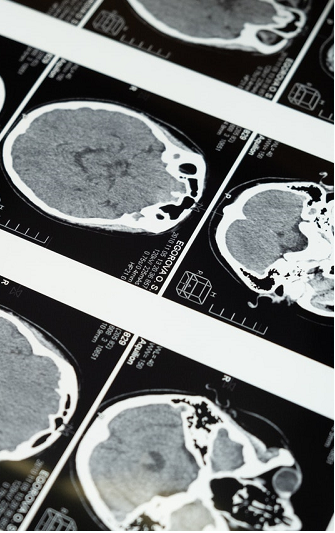Alzheimer's
Reducing Your Alzheimer’s Risk Through Lifestyle Changes: The Science-Backed Ways to Protect Your Brain
Over 6 million Americans are currently living with Alzheimer’s disease, and this number is projected to rise dramatically to nearly 14 million by 2050 according to the Alzheimer’s Association. As the population ages, more and more individuals will be impacted by this progressive, devastating neurological disorder. This disease robs people of their memories, independence, and abilities over time. Ultimately it leads to loss of bodily functions and death.
While Alzheimer’s cannot yet be cured or reversed, emerging research shows that certain lifestyle factors may help reduce the risk of cognitive decline and slow the progression of symptoms. The food you eat, exercises you do, sleep habits you keep, and way you manage stress could all influence changes in your brain that set the stage for dementia.

How Do Lifestyle Factors Influence Alzheimer's Biologically?




This disease is characterized by progressive neuronal damage and death in the brain. Two key pathological hallmarks of Alzheimer’s are the accumulation of amyloid beta plaques and neurofibrillary tangles of tau protein. Lifestyle factors can influence these underlying biological processes:
Diet
A Mediterranean style diet high in fruits, vegetables, whole grains and omega-3 fatty acids helps reduce oxidative stress and inflammation in the brain. Antioxidants remove damaging free radicals while anti-inflammatory foods decrease cytokine production. This protects neurons from injury. Foods high in saturated fat can increase amyloid beta generation.
Exercise
Physical activity increases blood flow which improves delivery of oxygen and nutrients to neurons. Exercise also stimulates the release of BDNF, a growth hormone that supports nerve cell health and synaptic plasticity. Aerobic exercise may directly reduce tau protein aggregation.
Sleep
During sleep, the brain clears out waste metabolites like beta-amyloid through the glymphatic system. Lack of sleep hampers this waste clearance. Getting restful sleep is essential for neuronal repair and maintaining cognitive performance.
Stress Management
High cortisol levels due to chronic stress damage the hippocampus area of the brain. Stress-reducing practices lower cortisol, which protects hippocampal neurons involved in memory and learning.
While researchers are still unraveling the precise mechanisms, understanding the biological basis of how lifestyle influences Alzheimer’s risk empowers patients to take proactive steps to support brain health.
A Revolutionary Approach to Alzheimer's Treatment
The Bredesen Protocol tackles Alzheimer’s in an entirely new way by identifying and addressing the root causes driving neural deterioration. Through decades of research, Dr. Bredesen discovered Alzheimer’s has multiple subtypes based on contributing factors:
- Inflammation – Caused by chronic inflammation that damages neurons
- Hormonal – Caused by deficiencies in nutrients, hormones and growth factors
- Metabolic – Caused by insulin resistance and impaired brain glucose metabolism
- Toxic – Caused by exposures to toxins like heavy metals or mold
- Vascular – Caused by cardiovascular problems and impaired blood flow
- Trauma – Caused by cumulative head injuries
Click below to learn more about Dr. Bredesen and how to contact Dr Pete Muran for a Consultation.
Peter J. Muran, M.D., known as Dr. Pete, is an experienced Functional Medicine and Internal Medicine practitioner specializing in precision testing and targeted protocols to address the root causes of age-related cognitive decline. With over 25 years of clinical experience, Dr. Muran is passionate about helping patients optimize brain health and live fuller, longer, more vibrant lives.
Additional Information on Alzheimer's
New Hope for Reversing Alzheimer’s
Is cognitive decline an inevitable part of aging? Is there any hope for reversing Alzheimer’s? READ
New Option for Treating Alzheimer’s
The Bredesen Protocol Treatment differs from standard protocols by identifying the specific biological drivers. READ
Stay Healthy for Life
If you want to feel healthier, more energized, or in a better mood, get moving. READ

